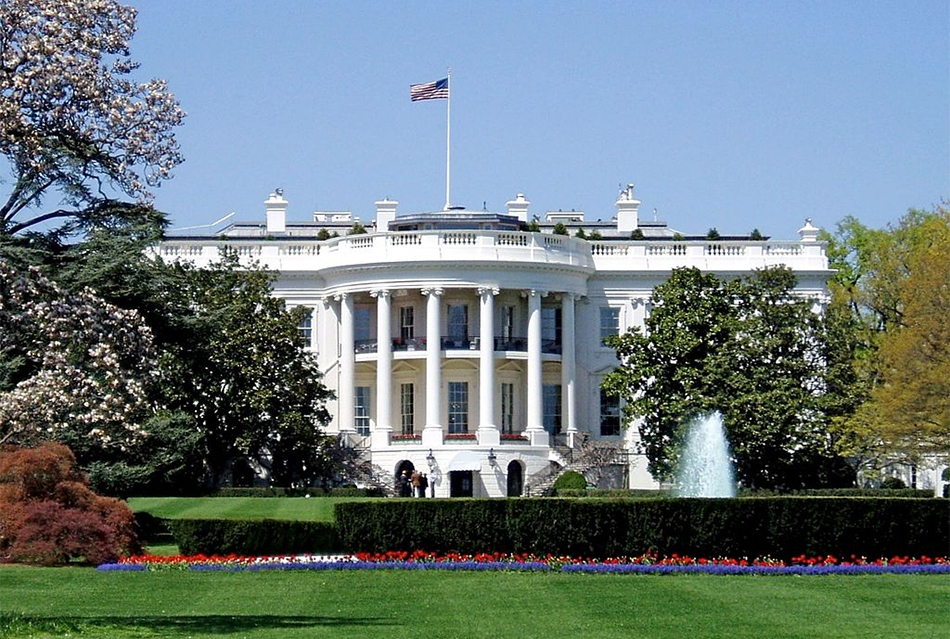Biden Creates Infrastructure Task Force
Lays out priorities for spending, including on broadband

The smarter way to stay on top of the multichannel video marketplace. Sign up below.
You are now subscribed
Your newsletter sign-up was successful
The White House has established a task force to implement the bipartisan $1.2 trillion infrastructure package that includes $65 billion for broadband. The president is scheduled to sign the infrastructure legislation Monday afternoon (Nov. 15).
The task force will be headed by National Economic Council director Brian Deese and the new White House infrastructure implementation coordinator, former New Orleans Mayor Mitch Landrieu.
The Task Force was created by executive order, so it could not mandate participation from the independent Federal Communications Commission, though someone from the agency could have participated voluntarily. There is no FCC representative, though there are representatives from the Office of Management and Budget, Domestic Policy Council and the Climate Policy Office in the White House, as well as the secretaries of Transportation, Interior, Energy, Commerce, Labor and Agriculture, as well as the heads of the Environmental Protection Agency and Office of Personnel Management.
The president’s order also lays out the guiding priorities for the infrastructure spending:
1.) “Invest public dollars efficiently, avoid waste, and focus on measurable outcomes for the American people;
2.) “Buy American and increase the competitiveness of the U.S. economy, including through implementing the Act’s Made-in-America requirements and bolstering domestic manufacturing and manufacturing supply chains;
3.) “Create good-paying job opportunities for millions of Americans by focusing on high labor standards for these jobs, including prevailing wages and the free and fair chance to join a union;
The smarter way to stay on top of the multichannel video marketplace. Sign up below.
4.) “Invest public dollars equitably, including through the Justice40 Initiative, which is a Government-wide effort toward a goal that 40 percent of the overall benefits from Federal investments in climate and clean energy flow to disadvantaged communities;
5.) “Build resilient infrastructure that can withstand the impacts of climate change and that helps combat the climate crisis; and
6.) “Effectively coordinate with state, local, tribal and territorial governments in implementing these critical investments.”
Contributing editor John Eggerton has been an editor and/or writer on media regulation, legislation and policy for over four decades, including covering the FCC, FTC, Congress, the major media trade associations, and the federal courts. In addition to Multichannel News and Broadcasting + Cable, his work has appeared in Radio World, TV Technology, TV Fax, This Week in Consumer Electronics, Variety and the Encyclopedia Britannica.

